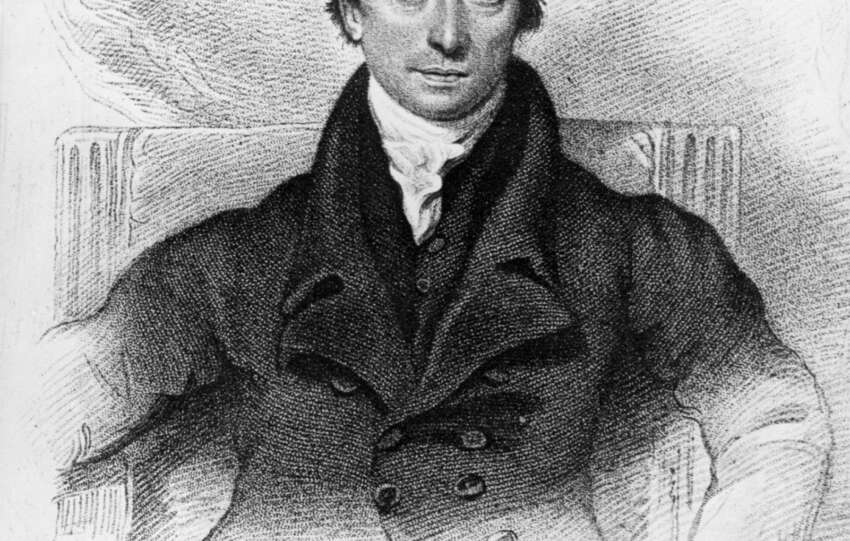
Elegy: Definition, Characteristics and Examples
Definition of Elegy:
An elegy is a special kind of lyrics. A lyric expresses the poet’s emotions, and the elegy expresses sorrow, woe, or despair. In short, the elegy is a lament, a lyric of mourning, or an utterance of personal bereavement and grief, and, therefore, it should be characterized by absolute sincerity of emotion and expression.
The word elegy originated from the Greek word ‘elegeia,’ which means to lament or to be sorrowful. In Greek and Roman literature, the term’ elegy’ denoted any poem written in an elegiac meter, meaning irregular hexameter and pentameter lines.
Elegy expresses grief, and simplicity, brevity, and sincerity are its distinguishing features. Some elegies are confined to the expression of grief, such as The Burial of Sir John Moore and Tennyson’s Break, Break, Break. But more often than not, from an expression of personal grief, the poet passes on to reflections on human life, human suffering, the shortness of human life, and the futility of human ambitions.
A. N. Eatwistle writes in this connection, “Sometimes Death is the inspiration and sole theme; at other times it is merely the common starting-point from which poets have launched various themes – speculations on the nature of death and the hereafter, tributes to friends, the poet’s own mood, even literary criticism.”
Characteristics of Elegy:
- An elegy begins with a lament of the loss of a person or the loss of a thing.
- An elegy is an expression of sorrow, woe, or despair.
- The sorrow is followed by the poet’s admiration for the person or thing lost, In the second part of the construction generally, the lost person’s qualities and remarkable performances or activities are endorsed.
- Simplicity, brevity, and sincerity are its distinguishing features
- The language and structure of an elegy is formal and ceremonial.
- An elegy may be based on either the transience of life or the attractiveness and magnificence of somebody close to the speaker’s heart.
- Along with the expression of personal grief, the poet also runs theology and philosophy, constantly reflecting on the problems of human life and human destiny.
- It is of various types, such as personal, impersonal, or pastoral elegy.
Famous Examples:
- Thomas Gray‘s Elegy Written in a Country Churchyard is one of the most popular elegies in the English language. In this elegy, the poet does not mourn the death of some particular friend or relative, but expresses his grief at the sorry fate of the rude forefathers of the village, who died in obscurity, unknown, unsung. It is a magnificent and complex work of art, dignified and solemn in tone, and not an expression of personal grief.
- John Milton’s “Lycidas” is one of the most famous pastoral elegies in English literature, written to mourn the death of Milton’s friend Edward King. Though seemingly focused on personal loss, the poem moves beyond it to critique the corruption within the Church and contemplate the nature of fame, death, and divine justice.
- Percy Bysshe Shelley’s “Adonais” Shelley wrote Adonais as a tribute to John Keats after his untimely death. This elegy not only grieves Keats’s loss but also turns into a transcendental meditation on immortality and the eternal nature of poetic genius.
- Ben Jonson’s “On My First Son” is a short but deeply emotional elegy written after Jonson’s son’s death. This personal and poignant poem expresses the poet’s raw grief and philosophical resignation to fate, ending with a vow never to love so deeply again.
- Dylan Thomas’s “Do Not Go Gentle into That Good Night.” Though not a conventional elegy, this villanelle serves as a passionate plea against the inevitability of death. Addressed to Thomas’s dying father, it blends personal emotion with a universal struggle against mortality.
- Matthew Arnold’s Rugby Chapel is the poet’s direct expression of grief on the death of his father, and the elegy is characterised by sincerity and intensity of emotion. But from the expression of personal grief, the poet soon passes on to reflect on the sorry fate of humanity, and the triviality and futility of human life. It thus becomes an embodiment not merely of the melancholy of the poet, but also of the pessimism and despair of the age in which he lived.
- Tennyson’s In Memoriam is a unique elegy in the English language. It is a collection of over a hundred poignant lyrics, united into a single whole by the poet’s lament at the death of his college friend, Arthur Hallam. The elegy is the epitome of the philosophical and religious thought of the age.
Also read; A short note on the characteristics of Anglo-Saxon poetry





